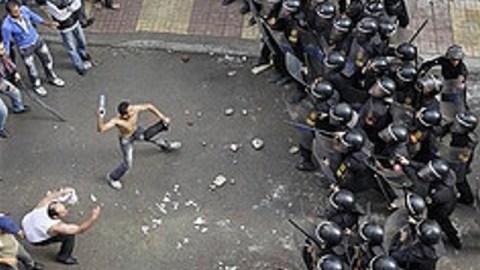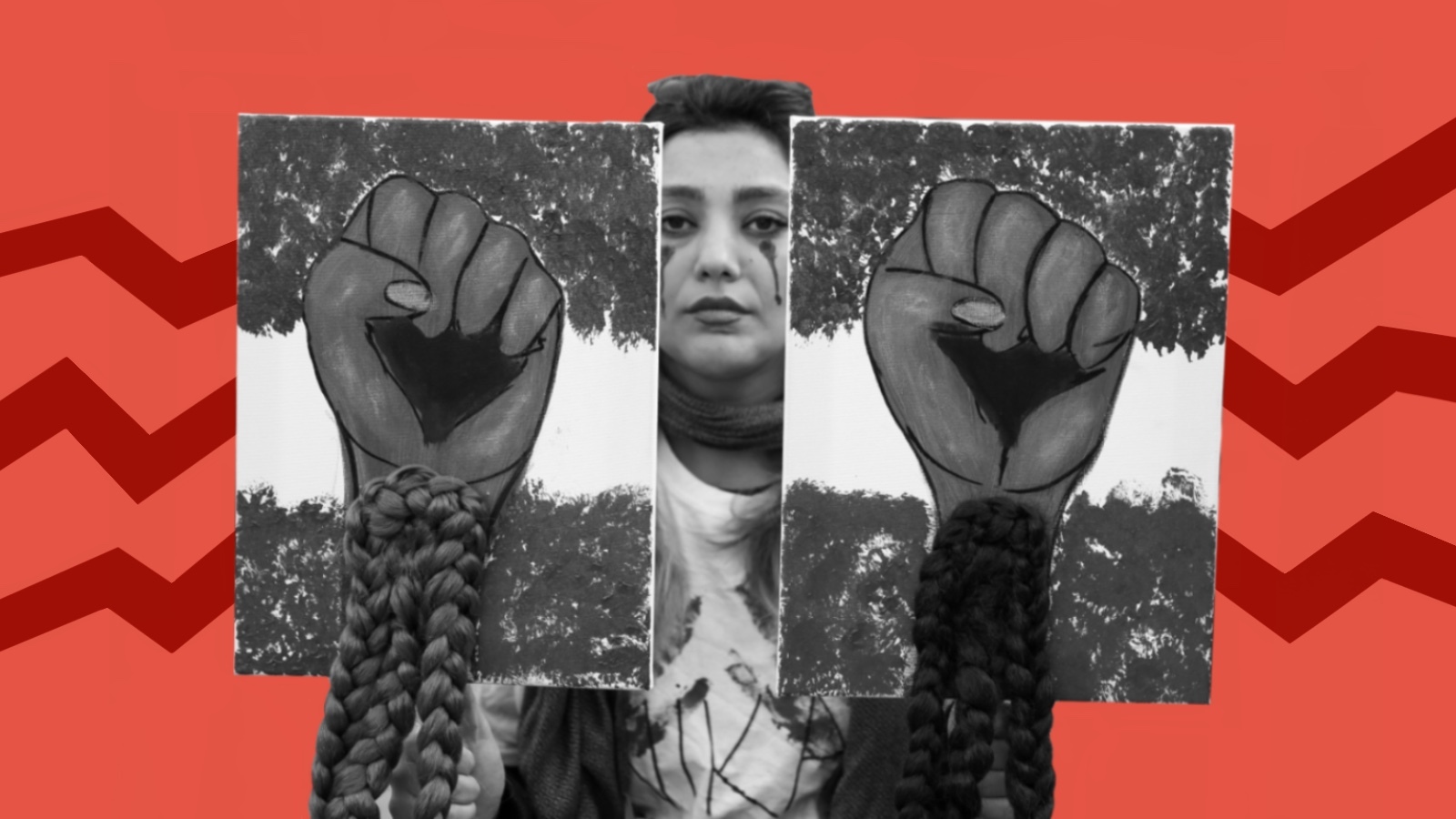Egypt Revolts: Al-Jazeera Reports

Back in the 1960s those in America who argued for military intervention in Indo China would often refer to the “domino theory”. If one pro Western Government fell to the Communists, the domino would fall, taking the next one with it and so on. The shakiest domino, after the fall of Dien Bien Phu and France’s scuttle from her former colony, was Vietnam. After Vietnam, would fall Laos, then Cambodia – and then Thailand. And so it largely proved to be.
So could this be a similar process underway in the Maghreb and elsewhere in the Arab World? The convulsions in Tunisia spread to Yemen — and then to populous Egypt. Other dictatorial regimes in the area — including the schizophrenic leader of Libya, Colonel Qadaffi — are looking on increasingly nervously, as well they might. These regimes may be largely secular in nature, which is why they are favoured by the West and aided accordingly, but many of them are deeply malevolent regimes that routinely crush human rights and torture dissidents.
In truth, these popular risings that have gripped Tunis and now have fanned across the main population centres in Egypt did not just happen overnight. The Maghreb and the Arab World are fundamentally young societies, governed largely by dictators who have singularly failed to find their increasingly well educated youth jobs and a future worthy of aspiring too. Now they are reaping the whirlwind, and the West stays strangely silent. Hardly surprising really. For with the exception of Ba’athist Syria and the wildcard that is Iran, most of these regimes look to the West for survival.
Of course it would be wonderful if the forces of light and democracy took hold in Tunis and Cairo. We could cheer to the rafters if Mohammed El Baradei, lately of the IAEA and leader of the Egyptian Opposition finds himself the democratically elected leader of that country in due course.
But don’t count on it. I am old enough to remember the Iranian Revolution in 1979, and later studied alongside some of the sons and daughters of the leaders of that revolution at university. The secular Iranian leadership largely exiled in Paris, thought that Teheran was theirs to hold. Certainly students and leftists, notably in the Communist Tudeh Party, had done much of the heavy lifting on the streets as the Shah’s forces fought a desperate rear guard action. But it was the Islamists, in the shape of Ayatollah Khomeini, who took the spoils of the revolution — and who promptly turned on the Iranian left.
Could the same happen in the Maghreb? Quite possibly, for politics abhors a vacuum. And more of this anon. But in the meantime I shall be tuning in to my old TV channel, Al Jazeera, in the coming days and weeks, for the best analysis and reporting of these seismic World events. I suggest you do too. www.aljazeera.net




